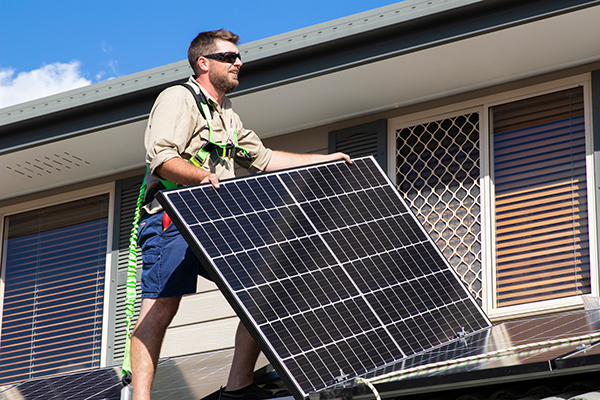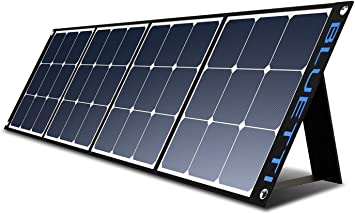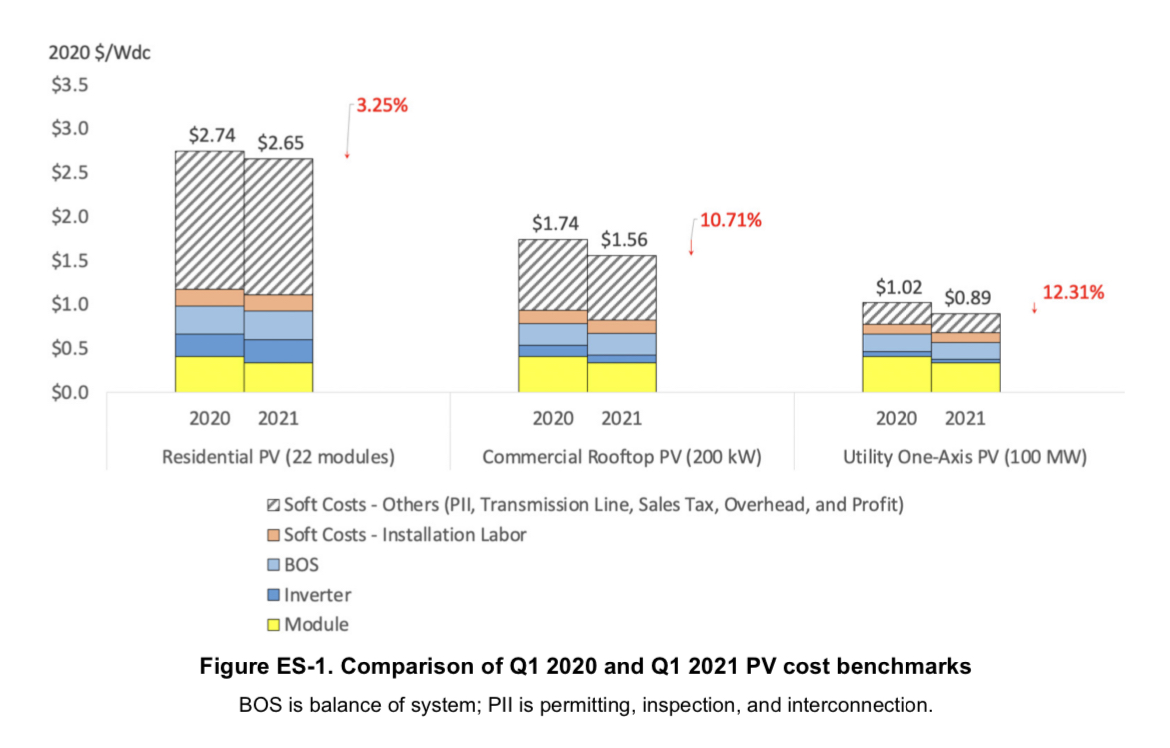
In order to get the most out of your solar panel investment, there are some important things to consider. Here are some of them: Tax incentives, Payback period, and Net metering. It is crucial to find the best solar company. Ask friends or review sites for suggestions. Make sure you compare apples to apples. The more you know about solar panels, the stronger your decision making power will be.
Tax incentives
There are several federal and state tax incentives that you can use to finance solar panel investment. You can often get tax credits up to 30%. You may also be eligible to net-metering or other incentives specific to your state. You can combine solar tax credits with other incentives.
The Investment Tax Credit is a federal credit that can be used for the purchase of solar panels. The credit is applied on the price of solar panels installed during the tax year. This credit is calculated based on a percentage cost of the system. It can even be as high at 30%.

Net metering
It is possible to maximize your savings by purchasing solar panels and receiving net meters from your utility company. This system allows you sell excess energy back at the utility to pay for the production costs. If you produce more energy than you use, you may be eligible for energy credits from your utility. These credits can add up over time to hundreds of thousands of dollars.
Net metering is a two-way operation. It reduces the strain of the electric grid and offsets electricity prices for non-solar clients. By sending voltage miles to the nearest power station, net metering reduces energy loss. Some may argue that net metering for solar customers is unfair, but numerous cost-benefit research have shown it to be a valuable tool for maximizing your solar panel investments.
Investing in solar panels
Solar panels are a great way to save money on electricity. It is becoming increasingly expensive to power your home with electricity. However, solar energy can be a cost-effective solution. Solar energy will increase the value of your home by reducing electricity costs. This will make it more attractive to potential buyers. Solar energy is growing in popularity and more companies are embracing it.
There are risks when investing in solar panels. The solar industry is a huge opportunity for growth, but many companies in this sector can trade at high valuations that make it difficult to realize large returns. When you pay high prices, there is always the chance of underperformance.

Payback period
A key part of any decision regarding solar energy is the payback time of solar panels. The payback period depends on several factors, including the cost of electricity and how much energy you use. The basic formula for calculating the payback is to divide project costs by annual production. However, to get a more precise figure, more information is needed. A solar contractor will provide you with a spreadsheet that includes multiple tools and resources to help determine the payback period for solar energy investments.
Although the payback time for solar panel investments is variable, most range between six and ten years. The payback period can be shorter or longer depending on the circumstances of your house. If your home gets a lot of sunlight, the payback period might be shorter. In addition, if the payback period is shorter for your home, you may be able to qualify for a federal tax credit.